

The Evolutionary Uni...
The Evolutionary Universe and Self-Consciosness Human Being
— East West Perspective — by: V.N. MisraThe book elucidates scientifically and philosophically the evolutionary universe (brahmāṇḍa) and the self-conscious human being (piṇḍa). This universe came into form about 14-13.7 billion years ago and has undergone perpetual changes including life on earth some 3.9 billion years ago. Man’s self-conscious evolution is driven by his intellectual growth and philosophical wisdom.
Original price was: ₹750.00.₹675.00Current price is: ₹675.00.
ISBN: 9788124612811
Year Of Publication: 2024
Edition: 1st
Pages : xii, 199
Bibliographic Details : Bibliography; Index
Language : English
Binding : Hardcover
Publisher: D.K. Printworld Pvt. Ltd.
Size: 22 cm.
Weight: 420 grams
The book elucidates scientifically and philosophically the beginning of the evolutionary universe (brahmāṇḍa) and the intellectual growth of self-conscious human being (piṇḍa), the former is “out” there and the latter is “out” here. Without the latter, the former is difficult to be perceived or known. Going by the scientific cosmology, this universe came into form about 14-13.7 billion years ago as a result of Big Bang, and has undergone perpetual changes including life on earth some 3.9 billion years ago. Man’s self-conscious evolution is driven by his intellectual growth and philosophical wisdom. It has been studied both from the Indian and Western philosophic perspectives.
The philosophical wisdom in this regard is in sync with many modern scientific concepts. The Sāṁkhya–Yoga philosophy is embodied with the concepts of sattva, rajas and tamas. These three are in a sense comparable to the proton, the electron and the neutron of modern science. The proton provides the coalescence or the form of the atom; the electron gives us energy and proton provides the mass. Some other Indian philosophical systems like Vaiśeṣika, Advaita Vedānta and Bauddha are replete with similar scientific approaches. So also are the studies of Western philosophers like Immanuel Kant, David Hume, Niels Bohr and David Bohm. All the things are happening within the time and space.
Preface v
Introduction 1
Origin and Duration of the Universe 5
(Based on Indian Philosophy)
The Universe and Its Saṁsāra (Empirical World) 7
Scientific Views on the Origin of the Universe 7
Vedāntic Views on the Origin of the Universe 10
and Its Status
Dr̥ṣṭi-Sr̥ṣṭivāda 11
Buddhist’s View of the Universe and 11
Empirical World (Saṁsāra)
Universe 11
Constitution of Atom 12
Prakr̥ti 12
Transcendental Unity of Self-consciousness 17
Vedāntic Interpretation of Transcendental 19
Unity of Self-consciousness
Self-consciousness in Hegel’s Philosophy 20
Lordship and Bondage 22
Freedom of Self-consciousness 23
Puruṣa (Self-conscious Human Being) in the 24
Sāṁkhya–Yoga of Indian Philosophy
Self-Conscious Being in Advaita Vedānta 28
Vivaraṇa School of Vedānta 29
Bhāmatī School of Vedānta 30
Relation between the Absolute and the Individual Self 31
Witness Consciousness 32
1. Are Particles Conscious? 37
Thought Experiment 38
Two-Hole Experiment 40
Wave–Particle Duality 43
Bohr’s Complementarity View 43
2. Space and Time 47
Introduction 47
Vaiśeṣika Philosophy 49
Space 49
Time 50
Space and Time 50
The Atomic Theory 50
The Eleven Moments Theory 51
Functions of Different Atoms 54
Thought Process and Atom 56
Self and Atom in Vedāntic Perspective 58
Philosophy of Sāṁkhya–Yoga 58
Time 58
Space 60
Space and Time 60
Advaita Vedānta 60
Time 62
Time and Space as One 63
Space and Time as Illusion 64
Time 65
Philosophy of Bauddha Dharma: Mādhyamika System 66
Space 66
Time 66
Yogācāra Vijñānavāda Buddhism 66
Time and Space (Eternity and Infinity) 67
Hume’s Philosophy (Time and Space) 68
Space 68
Time 69
Kant’s Philosophy 69
Metaphysical Exposition of Space and Time 70
Priority of Time over Space 73
Scientific Views on Space and Time 74
Consciousness and Time 76
Temporality of Consciousness 77
Non-thetic and Thetic Consciousness 78
The Past 80
The Present 81
The Future 82
The Ecstatic Unity of Consciousness 83
3. Thought as the Source of Nature and Quantum 85
Physics
Introduction 85
The Quantum Theory of Physics 86
The Concept of One in Many and Many in One 89
Matter: Wholeness and Implicate Order 92
What Is Order? 93
Quantum Field Theory and Implicate Order 94
Implicate Order and Generative Order 95
Consciousness and Implicate Order 96
Consciousness and Matter 97
Interconnection between Consciousness and Matter 97
Observer in Quantum Physics 99
Emerging Implications 101
David Bohm’s Views on Consciousness and Matter 102
Awareness and Attention 103
4. Substantiality and Causality 105
Introduction 105
Causality: An Overview 105
Vaiśeṣika Theory of Causation 110
Motion 111
Motion in Relation to Its Causes 111
Adr̥ṣṭa 112
Concept of Vega 113
Causes of Pressure and of Impact 113
Sāṁkhya Theory of Causation 114
Objection 115
Answer 115
Prakr̥ti 116
Advaita Vedānta 118
Philosophy of Bauddha Dharma 121
The Causal Theory of Co-production 121
Nāgārjuna’s View of Causality 123
The Theory of Self-becoming 124
Production from Another 124
Production from Both 125
Production Without Any Cause 125
Sautrāntika’s View of Causality in Perception 125
Causal Aspect of Ālaya-Vijñāna of 127
Yogācāra Vijñānavāda Buddhism
Hume’s Views on Causation and Causality 127
Kant’s Concept of Causality 129
Scientific Views on Causality 131
Quantum Field Theory and Implicate Order 131
Implicate Order and Generative Order 132
Consciousness and Implicate Order 132
Interconnection between Consciousness and Matter 132
5. Continuity 135
Introduction 135
Matter as Atom and Particles 136
Complementarity in Duality of Matter 137
Energy as the Basis of Universe 139
Prakr̥ti 142
Guṇa 144
Mutually Dominating 144
Mutually Supporting 145
Mutually Productive 145
Mutually Cooperative 145
Consciousness 145
The Concept of Saṁskāra of Sāṁkhya–Yoga 146
Advaita Vedānta Theory of Saṁskāra (Disposition) 149
The Concept of Saṁskāra in the Philosophy of 152
Bauddha Dharma
Dependent Origination and Saṁskāra 153
Saṁskāra (Kārmic Formations) and 154
Viññāna (Consciousness)
David Bohm’s Views on Consciousness and Matter 155
Awareness and Attention 157
Implications of Main Tendencies of Self- 157
Consciousness for Human Life
Self-protection 157
Instinct of Self-procreation 158
Disembodied Survival of the Mental and Consciousness 158
Consciousness as Transmigration and Buddhist Soul 160
Transmigration of Consciousness 160
Buddhist Soul 160
Epilogue 163
Bibliography 169
Index 183


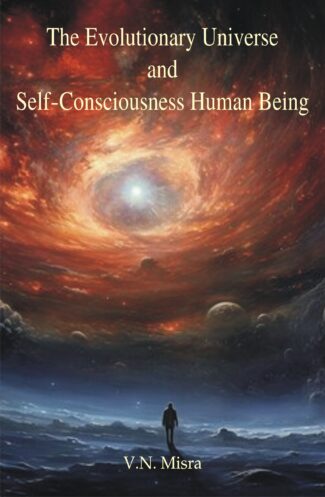

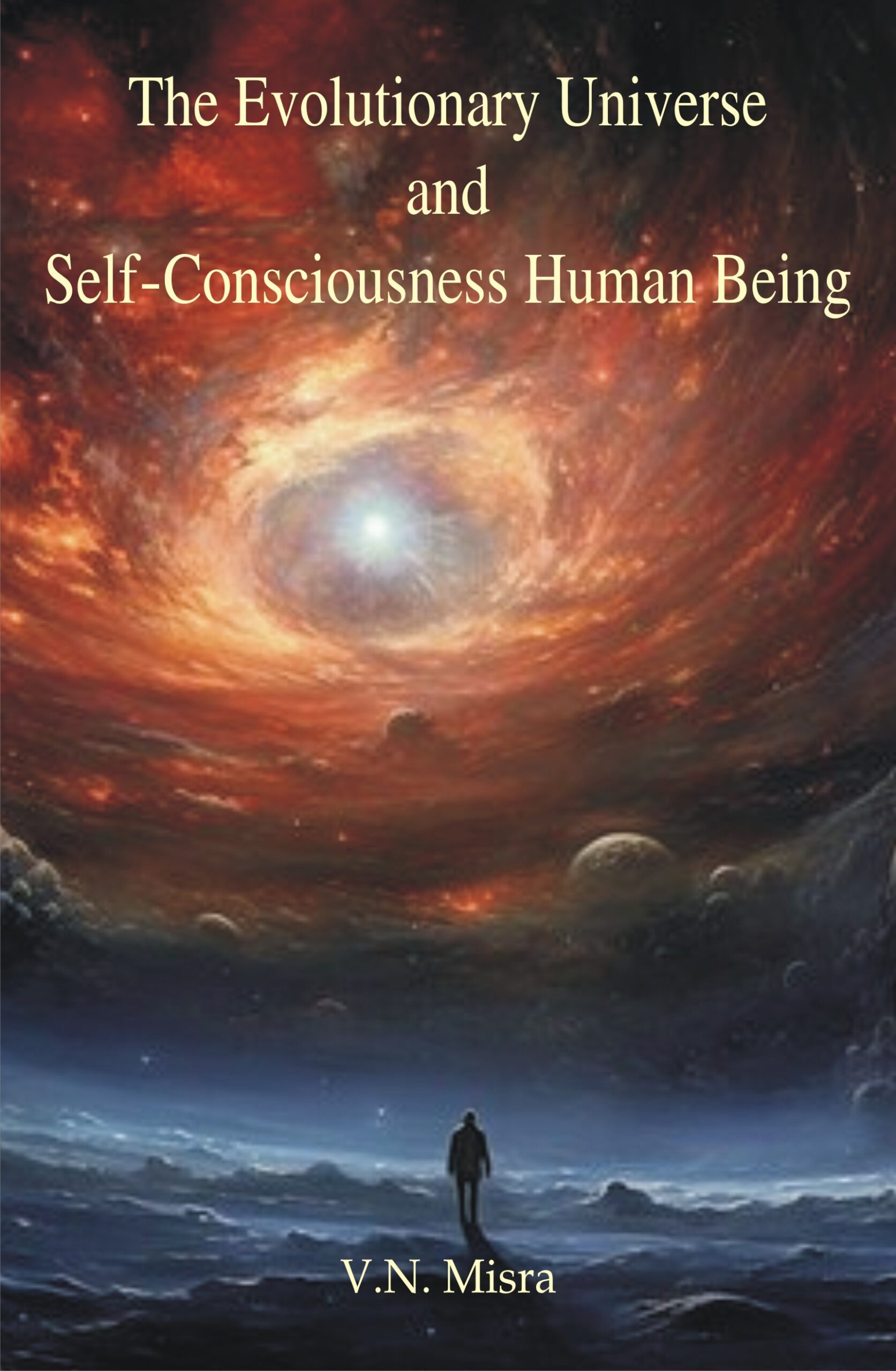
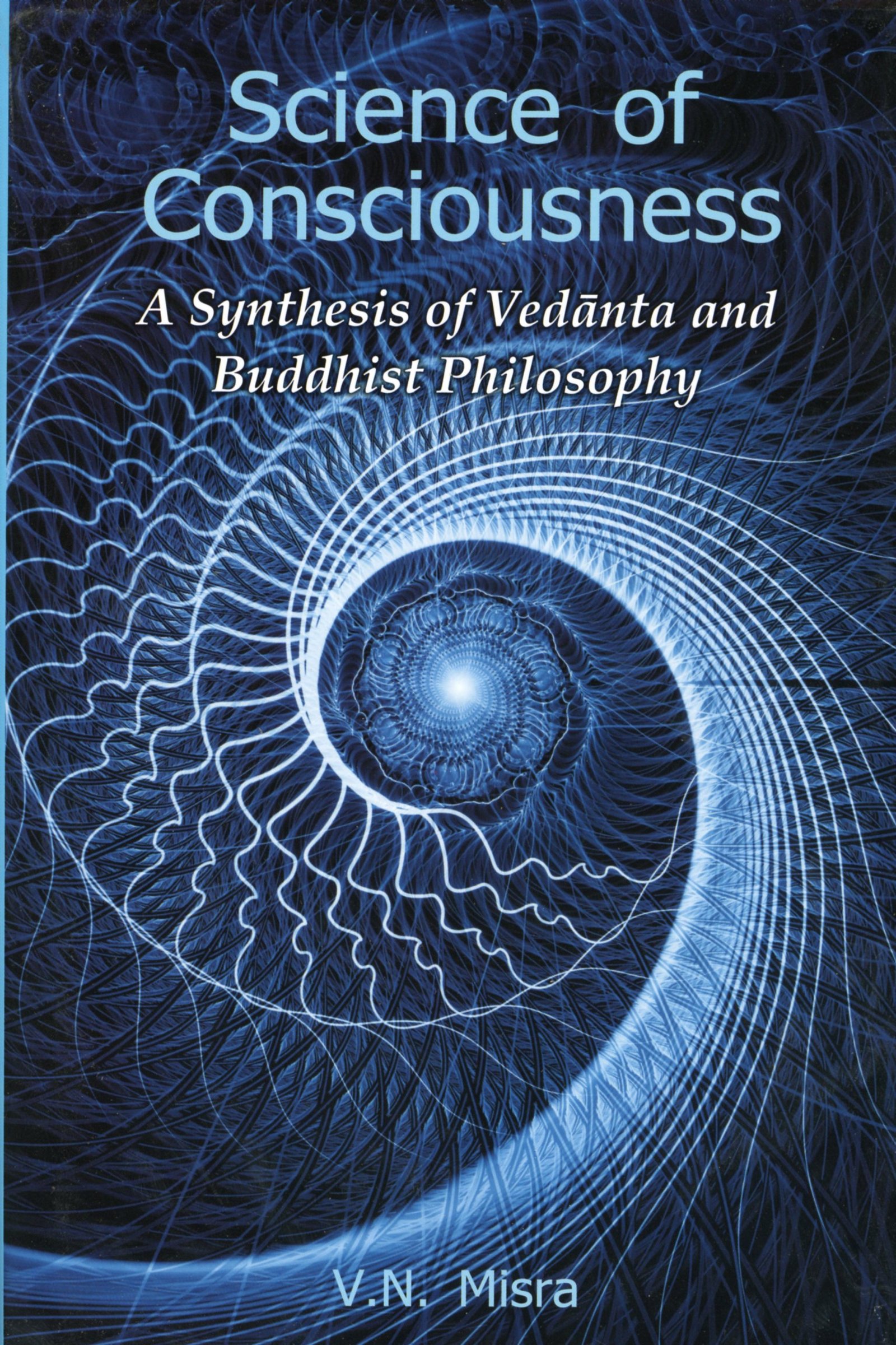

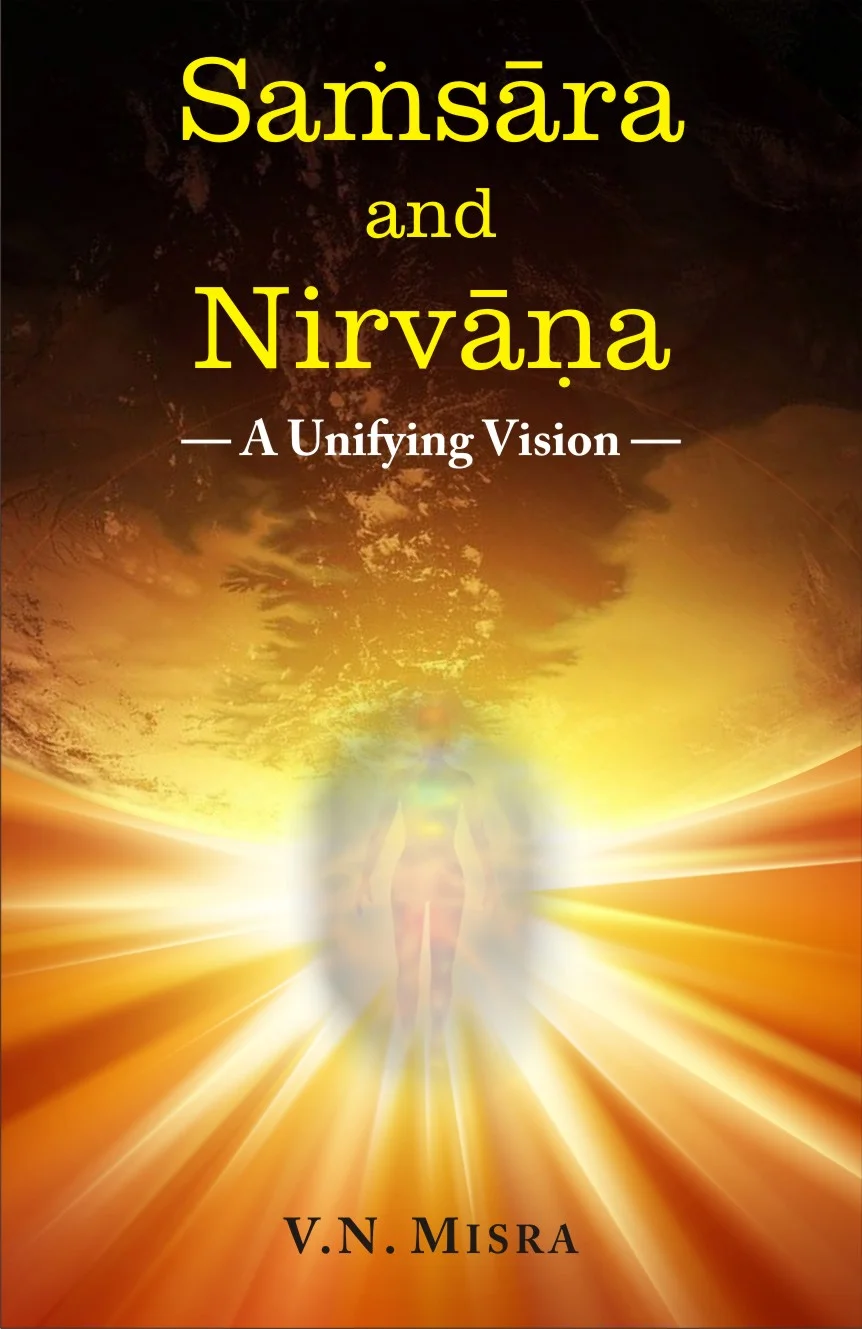
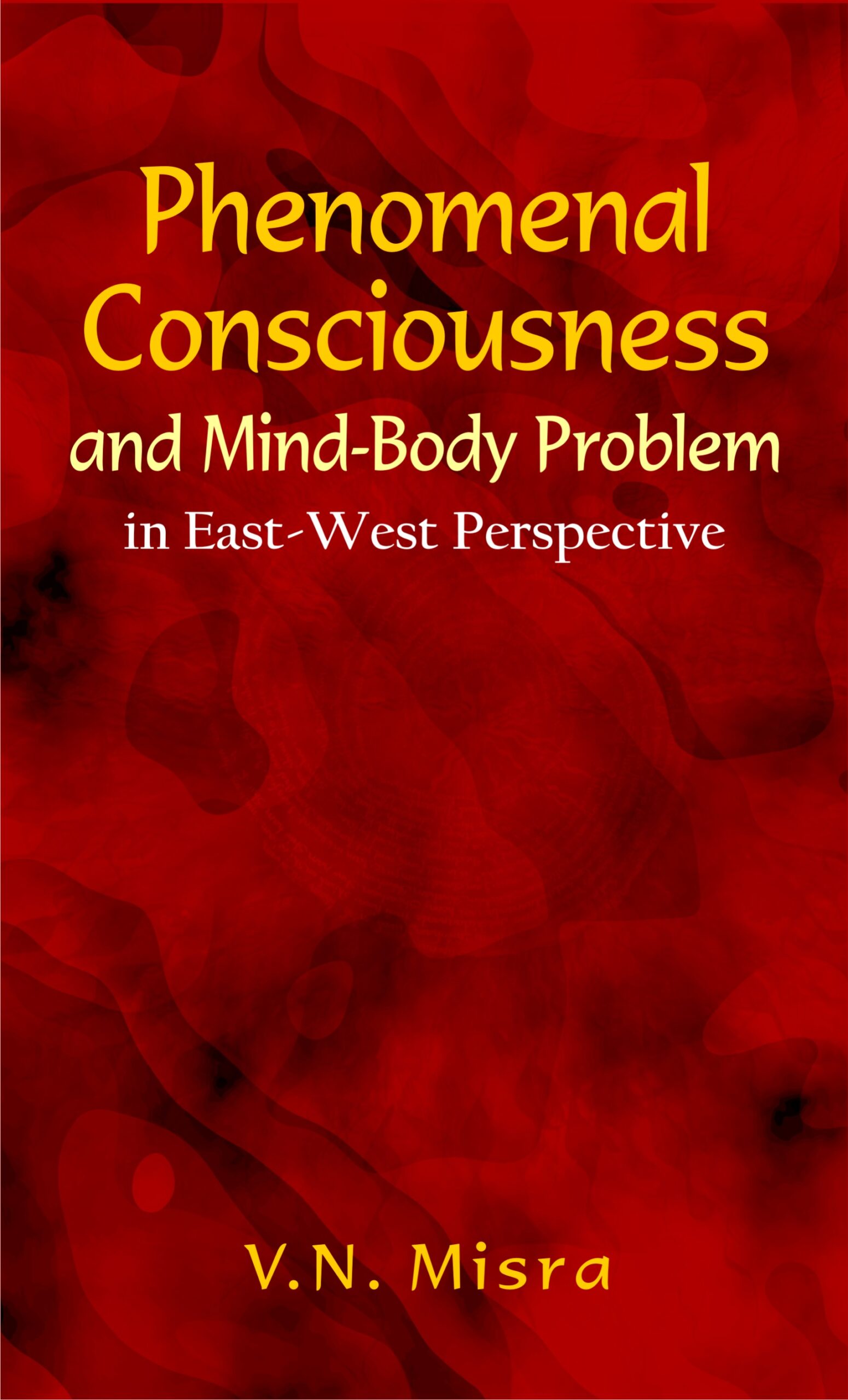
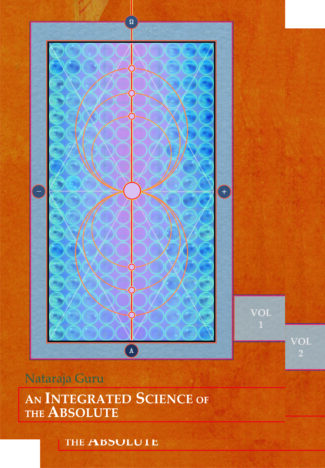

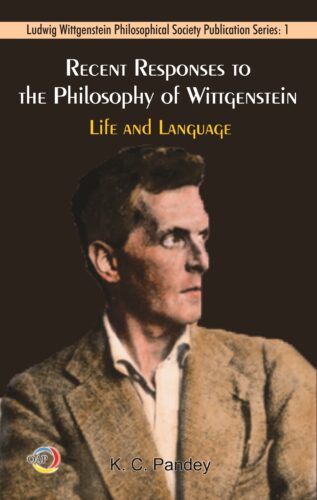

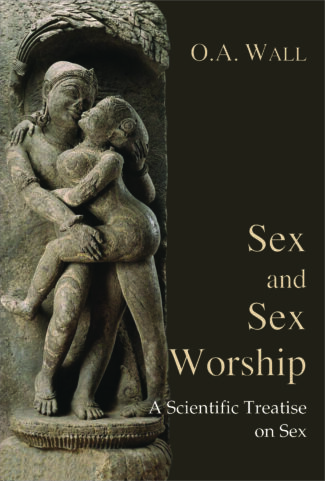
There are no reviews yet.